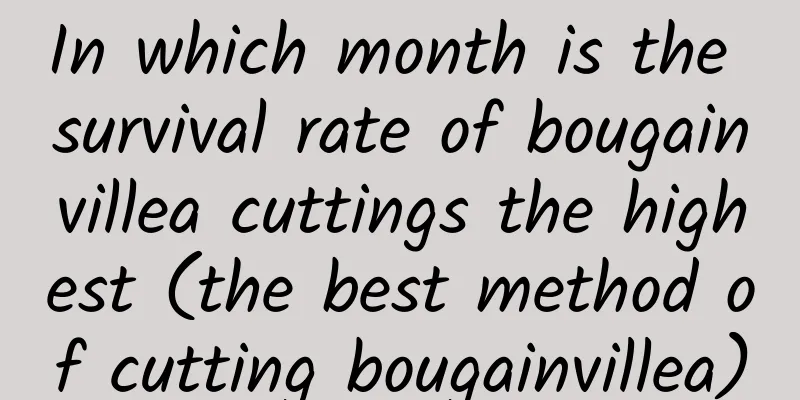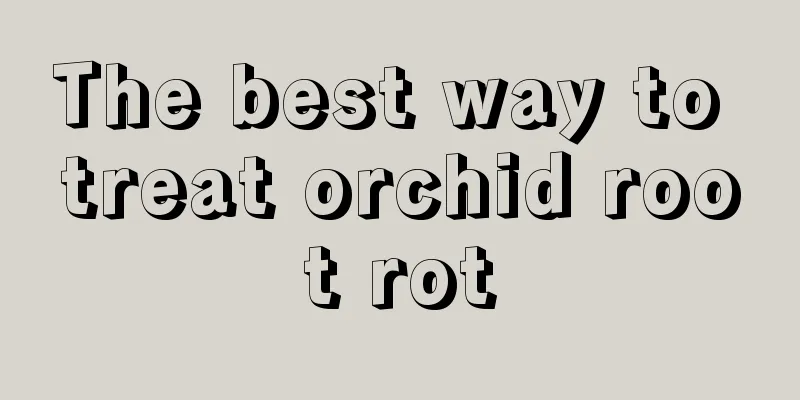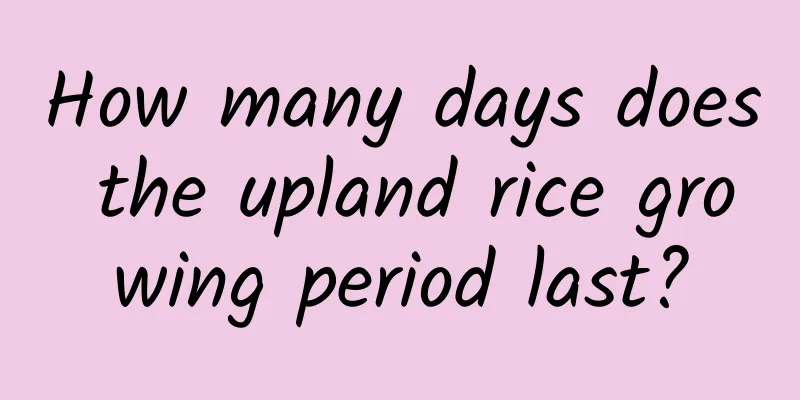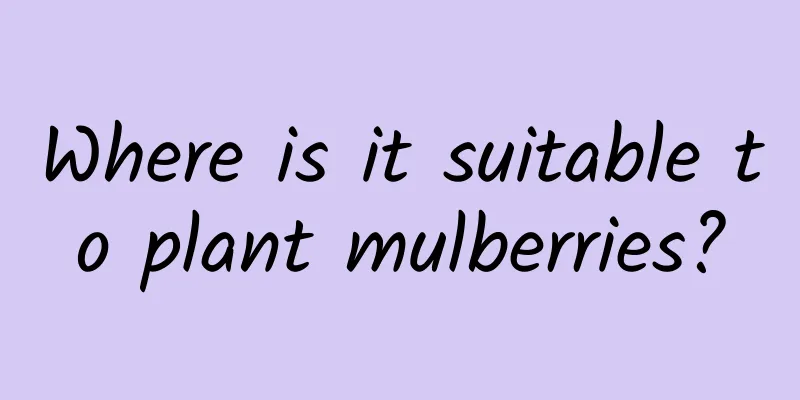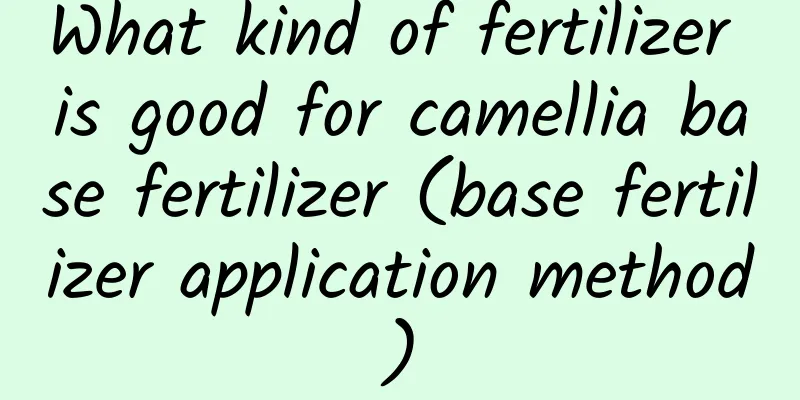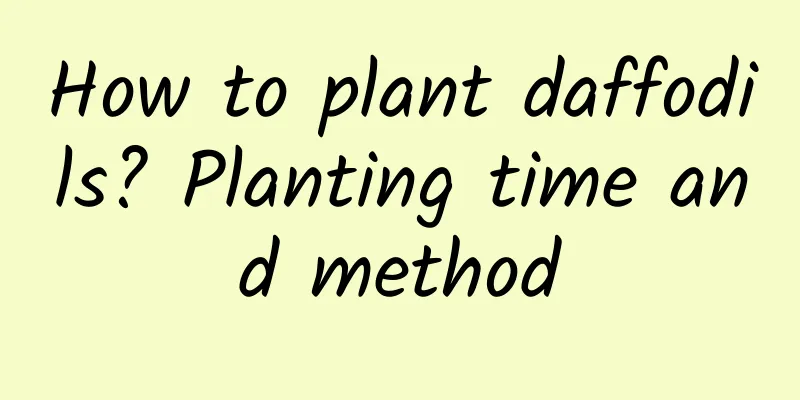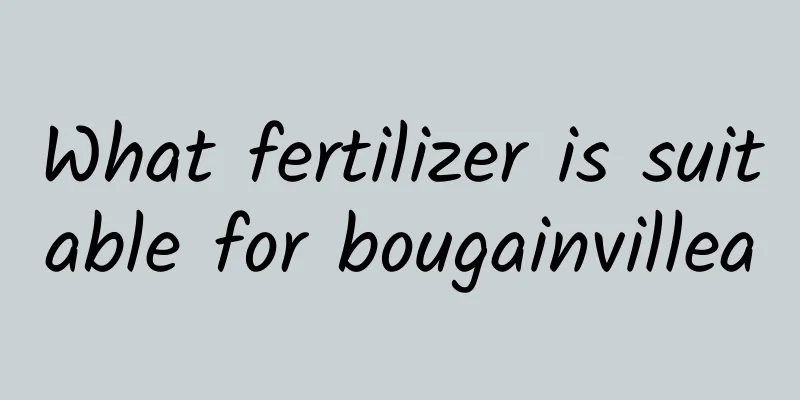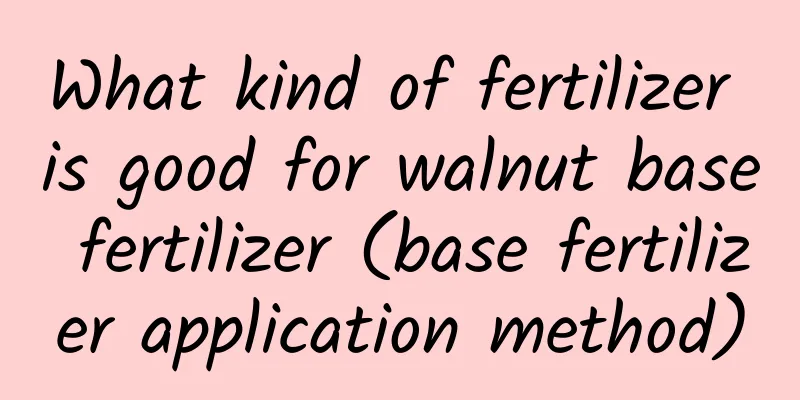How to plant Clematis in a small pot

Root characteristicsWhen choosing a small pot for planting, you need to understand the root characteristics of Clematis: very lush, vertical growth, cool, fleshy roots, and afraid of waterlogging. The soil in most flower lovers' homes is garden soil, especially for novice growers. The principles and issues regarding iron soil mixing will not be discussed here. Once you like a certain variety, it is necessary to have a basic understanding of its growth characteristics. Some varieties are completely unsuitable for planting in pots (tanks), so do not choose small pots for planting. This is the picture after the root system is trimmed Small pot planting methodThe following is an advanced guide to growing clematis. Beginners in flower growing should be cautious. When the base soil is laid as usual, a simple method is to suspend the iron in the air and fix it. The advantage is that when you measure the planting depth of the iron, the depth of the iron will not change due to hand shaking during the covering process. First, all the roots of the iron plant should be placed on the soil. Do not use the "umbrella-shaped planting" method directly (this planting method is simply a waste of the height of your pot). Then cover the iron plant with soil for the first time. It does not need to be too high, more than a fist (the specific height should depend on the pot). You can see that the lowest points of most roots are buried. At this time, pull out the soil from the roots near the rhizome junction one by one from near to far, leaving only a small part submerged in the soil. Then pat the pot as usual, let the soil fill the gaps between the roots, and then compact it with your palm. At this time, pour the root covering soil for the second time. Don't pour too much, about the height of a fist. After compacting, cover the roots that are slightly away from the rhizome junction on the newly added soil. Try to separate them as much as possible. If the roots are too long, let them rotate clockwise (or counterclockwise). The soil is compacted for the second time. What is hung on the rack at this time is a small handful of roots closest to the rhizome junction. Spread the remaining roots on the second covering soil surface, and rotate the excess roots in the same direction as before. Cover with soil for the final time, water thoroughly, and you’re done! Alright, it's done. This planting method greatly increases the growth space for the roots, and unlike the umbrella-shaped planting method all the roots will not be squeezed underneath from the beginning. Clematis will also grow strong! |
<<: Yogurt box homemade cute small flower pot
Recommend
Cultivation methods and precautions of Changchun
nutrient Before planting, you should choose soil ...
What is the best fertilizer for calla lily?
Calla lily fertilization time During its growth p...
Will Isuzu Jade die when it blooms?
Flowering period of Isuzu jade I don't know h...
Key maintenance tips for Kalanchoe
Kalanchoe is a common indoor potted flower. It is...
What soil is suitable for growing blue snowflakes
Blue snowflake soil Blue snow flowers like loose,...
Jujube tree growth environment conditions and characteristics
Jujube tree growth environment conditions and req...
How to water Wanchongshan
Watering according to time Watering during hot we...
How to take care of the newly bought fortune tree so that it grows well
1. How to raise it to grow well 1. Sunlight: It l...
What plants are suitable for growing in clay soil?
Plants suitable for clay soil Clay soil has a hea...
Cultivation methods and precautions of golden chrysanthemum
1. Breeding methods 1. Sunlight: Ample sunlight i...
Barley Planting Time and Method
Barley Planting Time Barley is generally sown in ...
The efficacy and function of iris
The ornamental and economic value of Iris Iris is...
How to propagate Gloxinia and what to pay attention to
How to propagate Gloxinia The main ways of propag...
Potted jasmine in spring and pruning
Preparation for potted jasmine In winter, jasmine...
Miniature bonsai cultivation techniques
Miniature bonsai needs to deal with branches and ...
